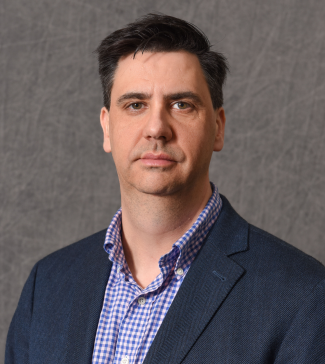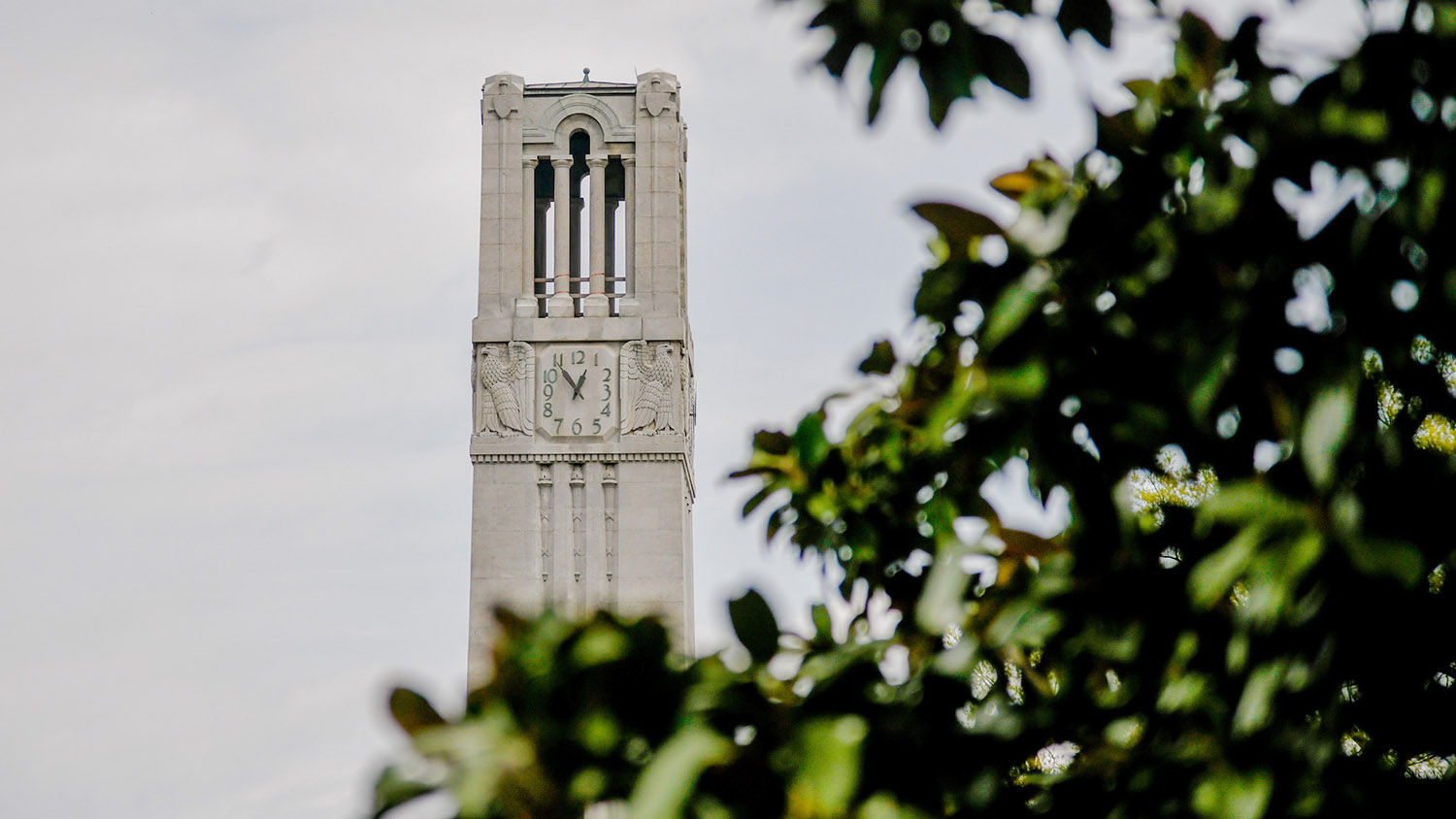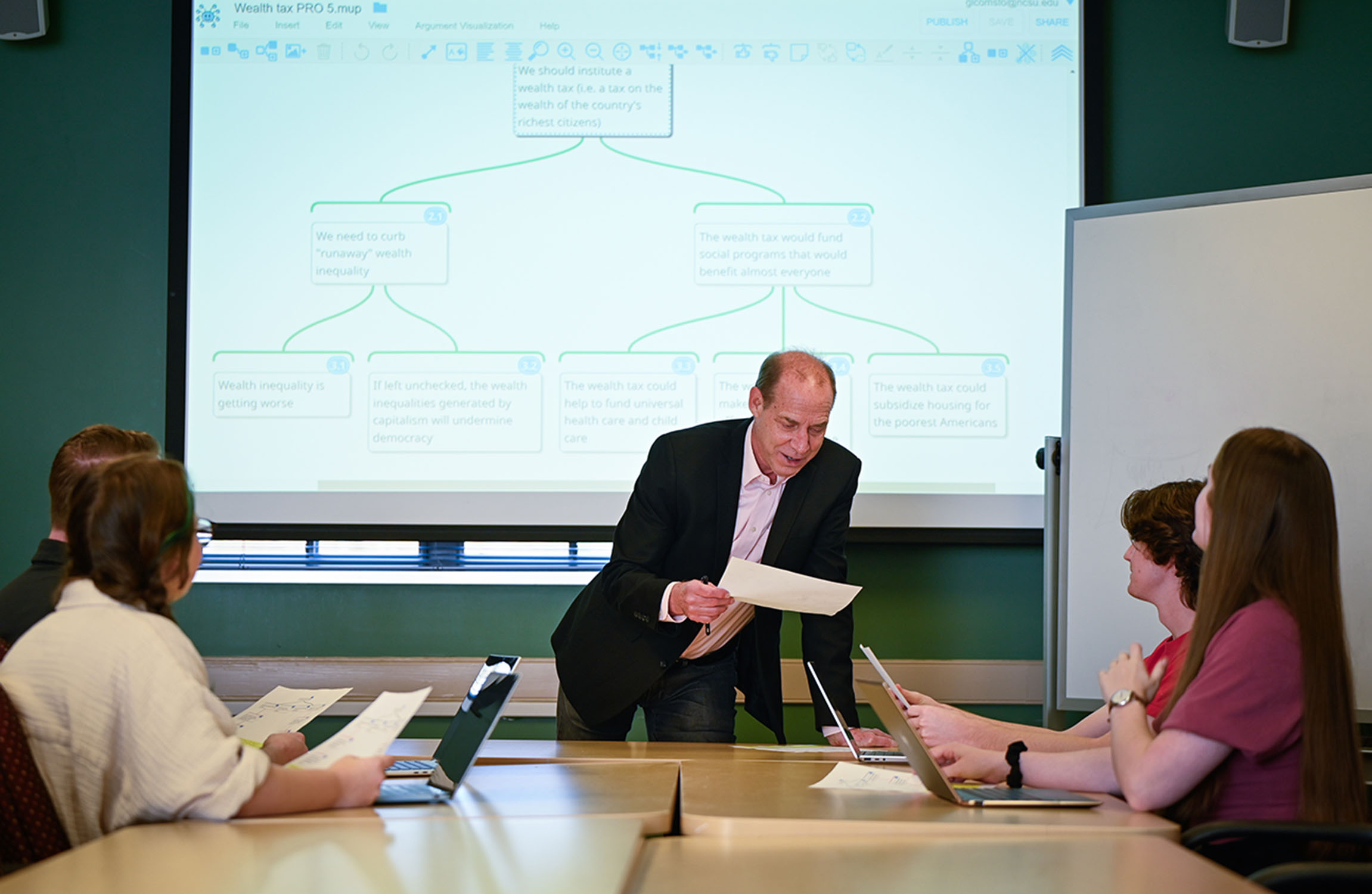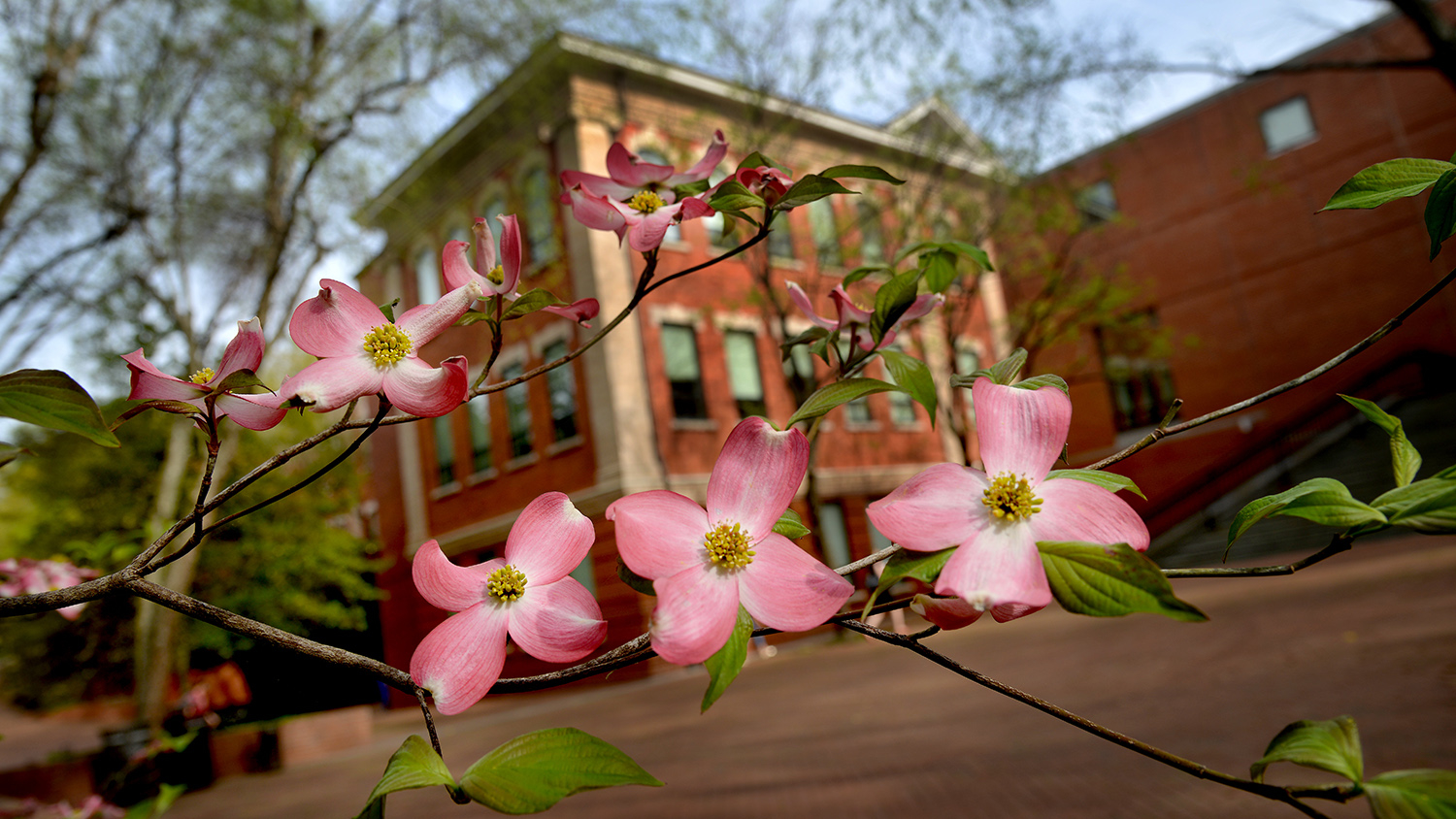NC State English professor Tim Stinson will examine the cultural and religious uses of stories about Jerusalem’s destruction in late medieval England during a year-long fellowship at the National Humanities Center.
The center named Stinson one of 36 scholars who will serve as resident fellows during the 2021-22 academic year. During his stay, Stinson will work on a book titled Avenging Christ: Vengeance, Devotion, and Violence in Late Medieval England. Stinson’s book traces stories of Jerusalem’s destruction and examines their cultural and religious uses in late medieval England.

“These narratives,” Stinson said, “reimagined the Roman destruction of Jerusalem in 70 A.D. as retribution for the crucifixion of Christ, when in fact the war that led to Jerusalem’s fall had been about other things, including a revolt in Judea prompted by disputes over taxation and Roman rule.”
The book’s goal, he added, is to answer why the stories of Jerusalem’s destruction were popular in England for more than 1,000 years; what made them meaningful to so many people; and why they remained popular after Jews were banished from England in 1290.
The National Humanities Center, located in the Research Triangle Park, offers nearly 40 residential fellowships each year for advanced study in the humanities. Stinson, an associate professor of medieval studies and a university faculty scholar, was selected from a pool of 638 applicants. He joins a group of 30 NC State humanities scholars who have also served as fellows since 1978. A faculty member in NC State’s Department of English since 2008, Stinson’s research examines medieval studies and book history. He specifically focuses on the application of digital technologies to medieval studies. For more information on his work, visit Stinson’s faculty page.
- Categories:



